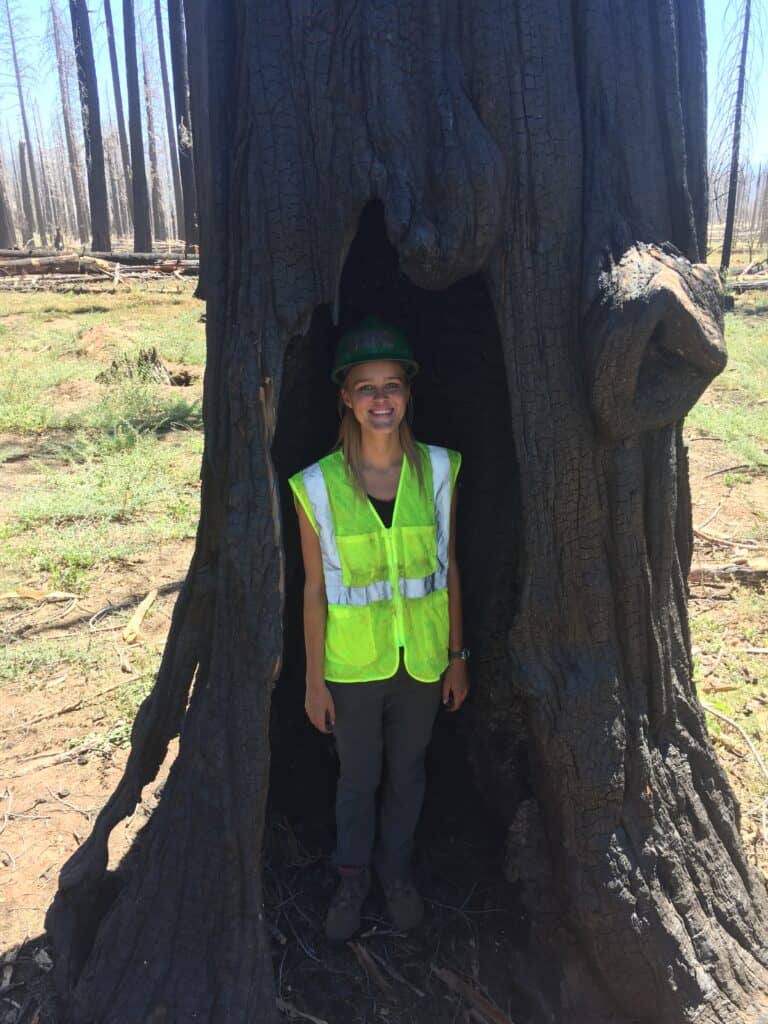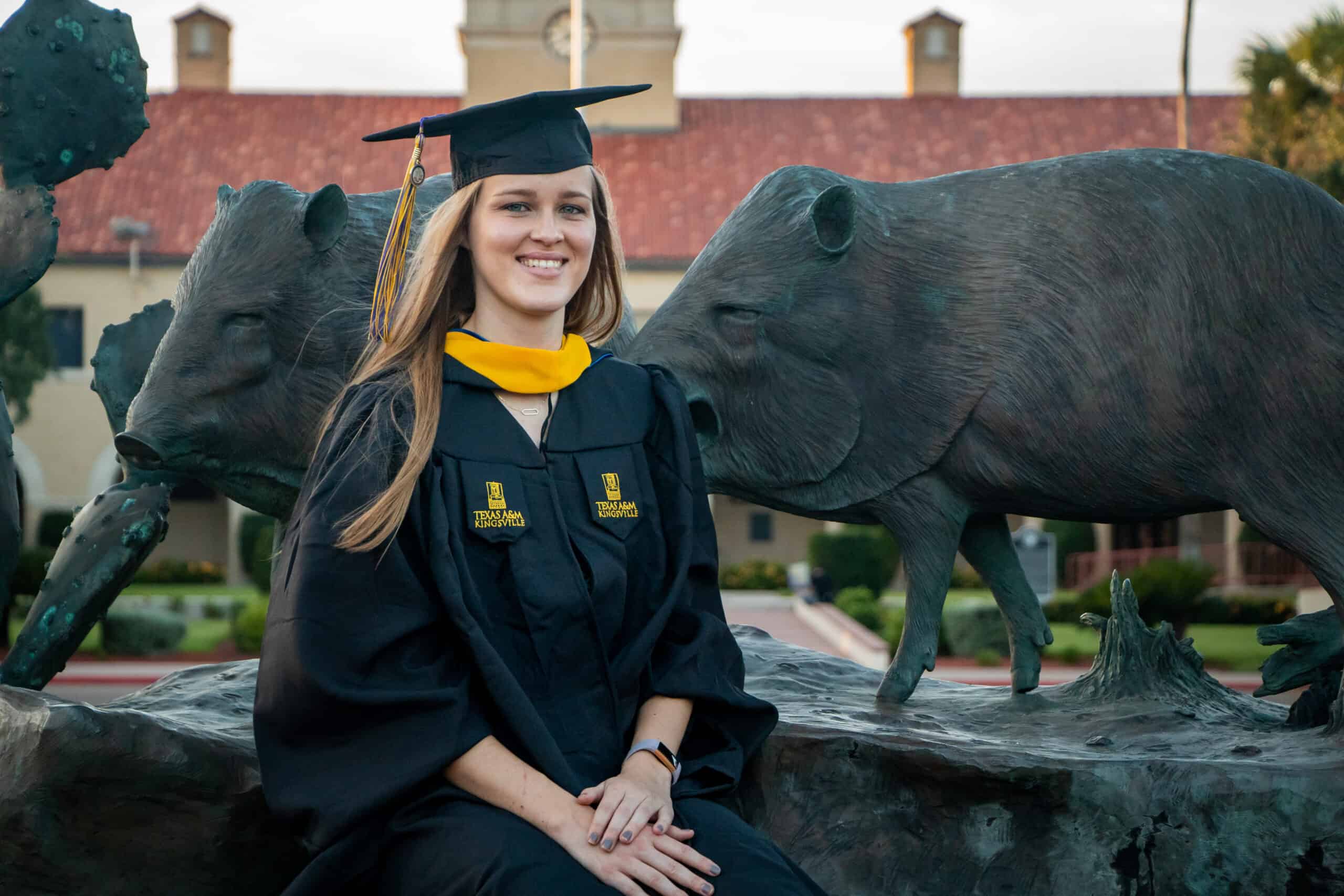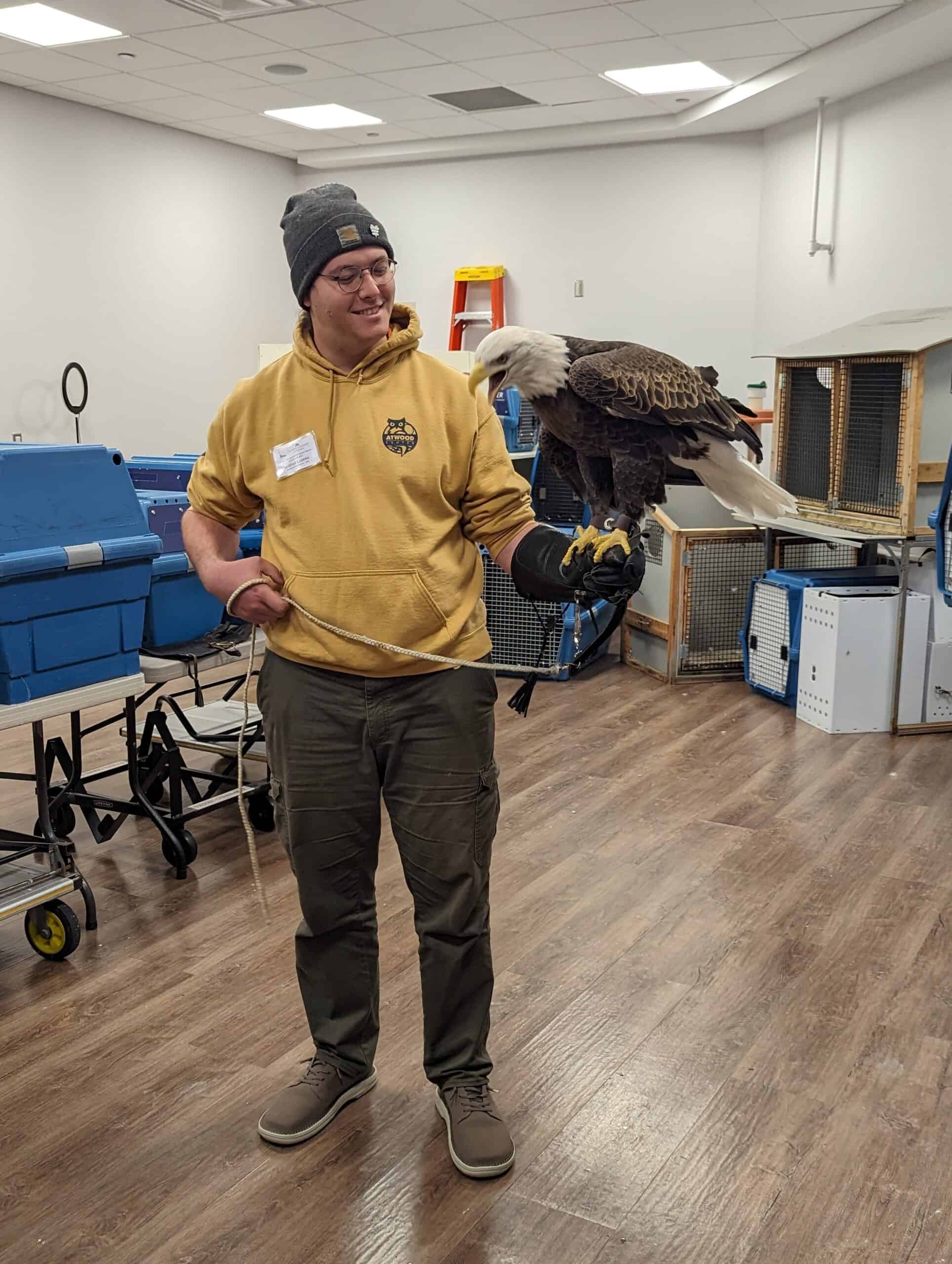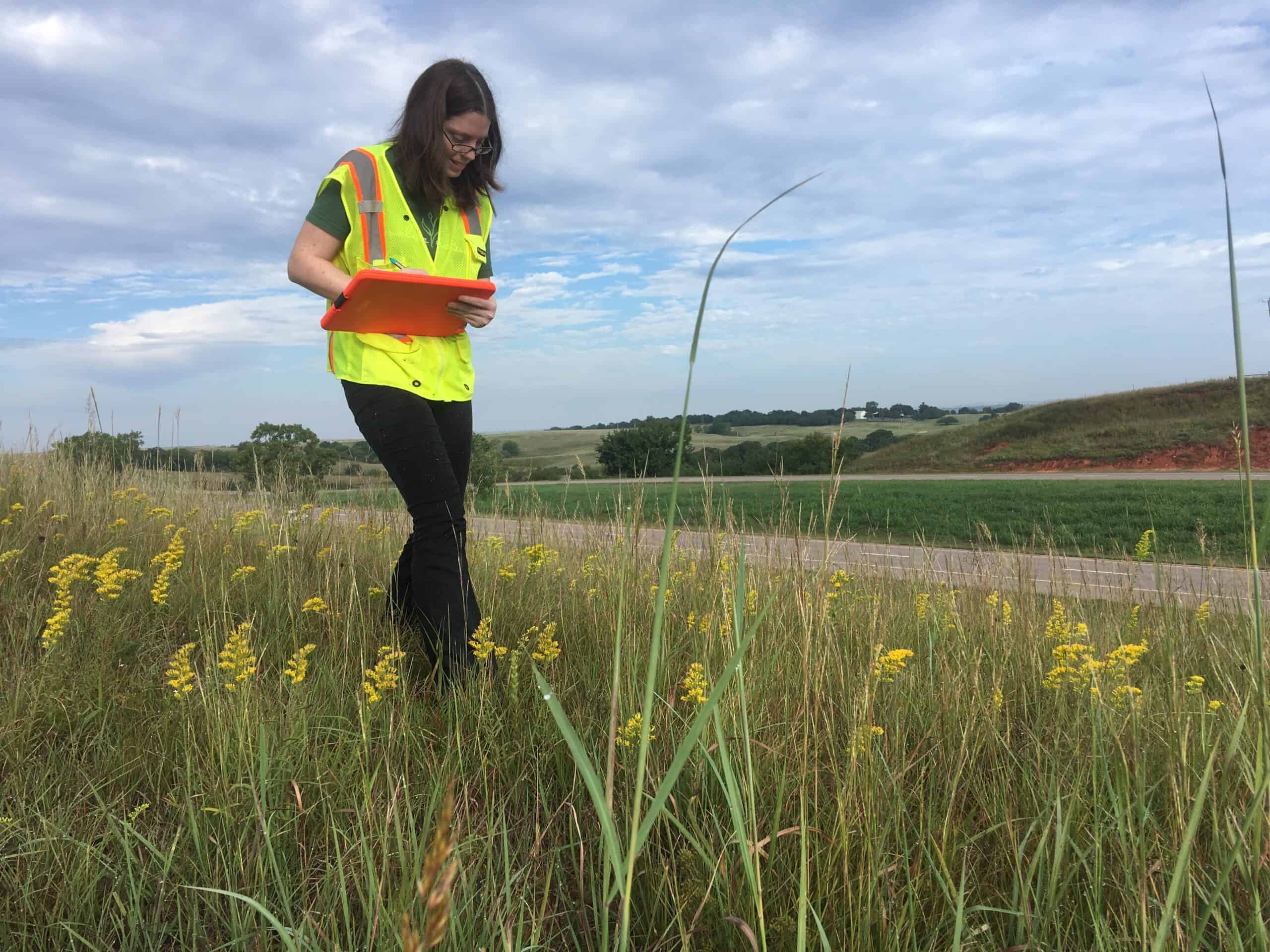Share this article
Wildlife Vocalizations: AnnMarie Blackburn
Blackburn describes the pivotal moment that made her want to become a wildlife biologist
Wildlife Vocalizations is a collection of short personal perspectives from people in the field of wildlife sciences.
Growing up I have always had a strong interest in animals. I look back at old pictures from my childhood and see pictures of me holding toads and worms in the backyard with excitement. I think back on memories of going fishing with my dad and watching the fish swim by and holding the ones we caught. And of course, I always had pets growing up and loved watching Animal Planet on television.
Naturally, my family believed I would eventually become a veterinarian since I loved animals so much. That seemed to be the default profession if you loved animals. I thought being a veterinarian would be my path too, until the BP oil spill in 2010 occurred while I was in high school.
Watching the aftermath on television, all I could think about was the wildlife affected. The images of shorebirds, sea turtles and marine mammals covered in oil broke my heart.

I remember seeing video footage of rescue attempts for many oiled wildlife, such as pelicans and cormorants. I distinctly remember the commercials for Dawn soap being used to clean up these affected animals and thought, “Man, I’d love to do that.” I even told my mom that I was going to grow up to help animals like those people.
I eventually started doing more research on the spill, particularly how it was impacting the environment and the habitats of various wildlife species. That’s when I first began to realize there are multiple professions dedicated to researching, understanding and helping wild animals—not just cats and dogs.
This was also around the same time when we were doing “colleges and careers” segments in high school to get us thinking about our futures. I began to learn about the different possible career paths one could take involving animals that didn’t include veterinary work, such as zoo keeping, rehabilitation and wildlife conservation.

I ultimately chose to study zoology and then pursue a master’s degree in wildlife management focusing on endangered species conservation.
I think back to when I told my mom that I wanted to help wildlife, like those helping the oiled birds, and believe that I am living up to that by becoming a wildlife biologist dedicated to conserving healthy, sustainable wildlife populations, protecting endangered species and conserving their habitats.
Learn more about Wildlife Vocalizations, and read other contributions.
Submit your story for Wildlife Vocalizations or nominate your peers and colleagues to encourage them to share their story.
Header Image: AnnMarie Blackburn is seen at her graduation from Texas A&M University-Kingsville with a master’s degree in range and wildlife management. Credit: José Silverio Ávila Sánchez








